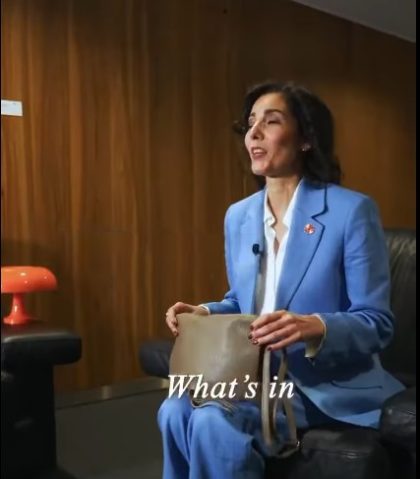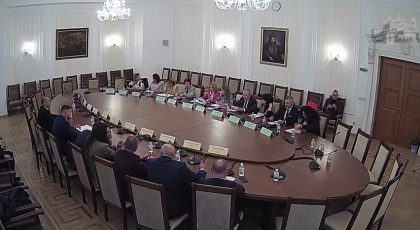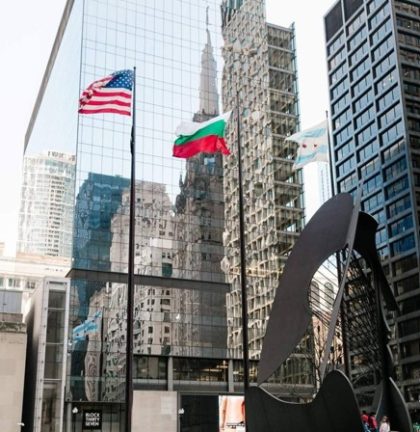In moving the nation another step closer to plutocracy, a 5-4 majority of the Supreme Court created a preposterously narrow definition of political corruption – a definition that defies common sense and history.
The ruling Wednesday in a case known as McCutcheon eliminates caps on total contributions that individual donors may make. The caps were $48,600 by individuals every two years for contributions to all federal candidates and $74,600 to political parties’ campaign committees.
In Buckley v. Valeo, the 1976 case that upheld contribution caps, and in other cases, corruption was understood to be use of massive amounts of money to buy influence in the government’s decision-making process. Federal Election Commission v. Beaumont defined political corruption as „undue influence on an officeholder’s judgment.“
To strike the aggregate contribution limits, the majority in the McCutcheon case held that corruption can be defined only in the traditional sense of a bribe – a quid pro quo in which a lawmaker makes a specific vote or otherwise acts specifically in response to receiving money.
Modern oligarchs aren’t giving politicians millions of dollars to act on a particular bill or initiative; they are using their money to impose their political philosophy.
In conflating money with free political speech, the justices give wealthy donors a megaphone to raise their voices above those of everyone else.
That money does, indeed, talk. In 2012, according the Center for Responsive Politics, the average winner of a House seat spent $1.56 million while the average loser spent $496,000. The average Senate winner spent $11.5 million while the average loser spent $7.4 million. The new decision means that gap is likely to widen.
And if you think that money doesn’t corrupt the government’s decision-making process, ask yourself this question posed by dissenting Justice Stephen G. Breyer: If your senator has 10 minutes to spare, is he going to return a call made to his office by you or a call made by someone who has contributed millions of dollars to his party?
The obvious answer means the court has ensured that citizens will not get the democracy they deserve, but the democracy they can afford.
Source: Thetimes-tribune.com





